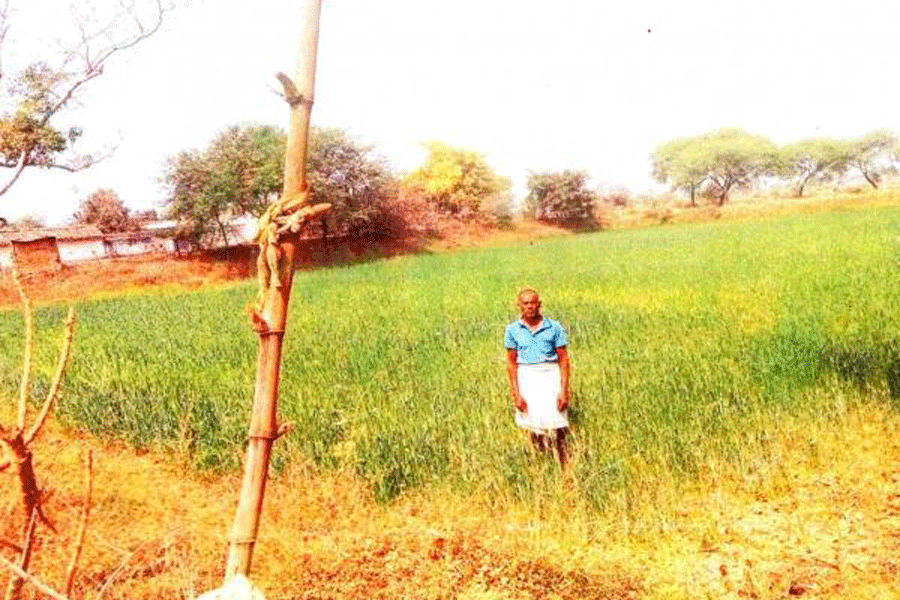The Chhattisgarh government under the directive of chief minister Bhupesh Baghel has brought positive changes in the lives of farmers.
Farmers in the state are diversifying their crops, moving away from relying solely on paddy cultivation. The state government's farmer-friendly schemes have influenced this shift, leading to visible changes in the agriculture sector.
“The state government has made consistent efforts to support and encourage agricultural diversity for the benefit of farmers. As a result, they are cultivating alternative crops such as wheat, flax, and lentils which require less water and incur lower costs,” said a communique issued by the chief minister’s secretariat on Friday.
“A majority of the state's population relies on agriculture and the majority of the state's area is rain-fed, which makes agricultural income uncertain due to seasonal adversity. To provide adequate investment in agriculture and relief to farmers in the cost of cultivation, the state government has instituted schemes in their interest, through which the farmers are getting better production as well as becoming financially empowered,” the communique added.
The Chhattisgarh agriculture department's TRFA (Targeting Rice Fallow Area) scheme provides subsidies for seeds to encourage farmers to cultivate alternative crops.
Rajesh Yadav, a farmer from Siltara village in the Takhatpur development block of Bilaspur district, benefitted from this initiative.
“I own 1.5-acre agricultural land in which I used to cultivate paddy. Paddy crops demanded excessive water during the summer season, negatively impacting the yield. With the help of the agriculture department, I learned about the cultivation of other crops like wheat, moong, lentils, and corn, which could be grown with less water and at lower expenses. The agriculture department provided a 50 per cent subsidy on wheat seeds and gave lentil seeds for demonstration purposes,” said Yadav.











